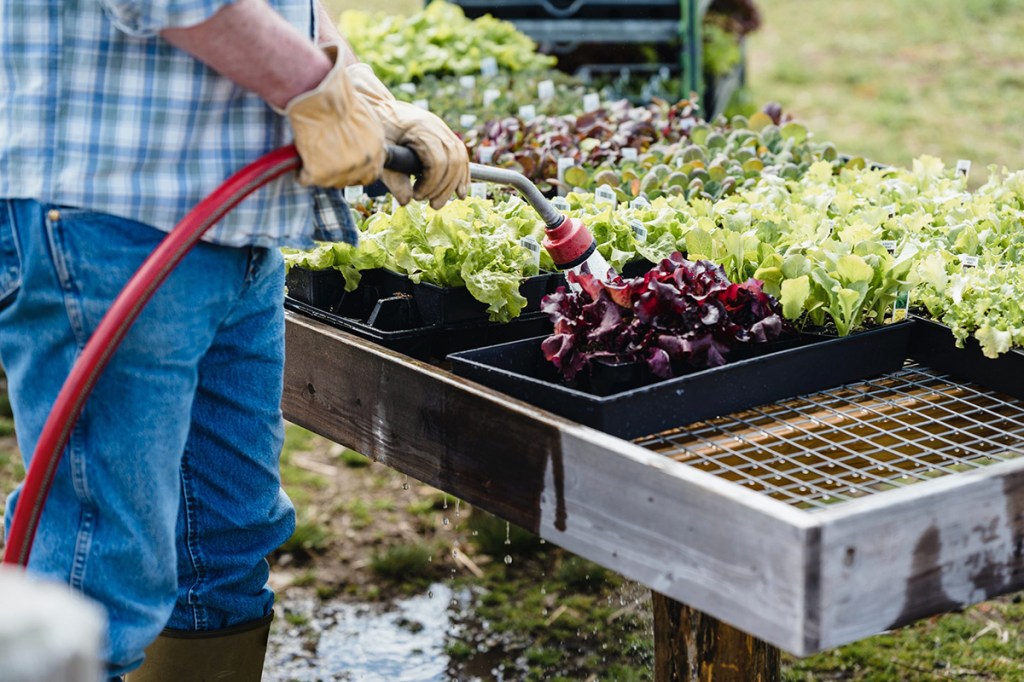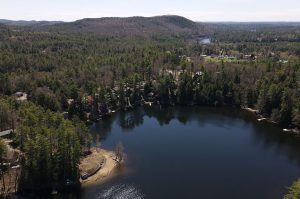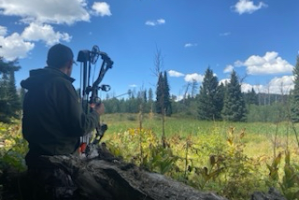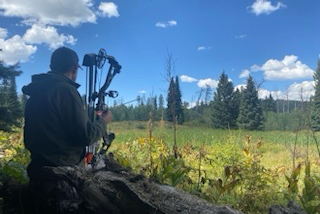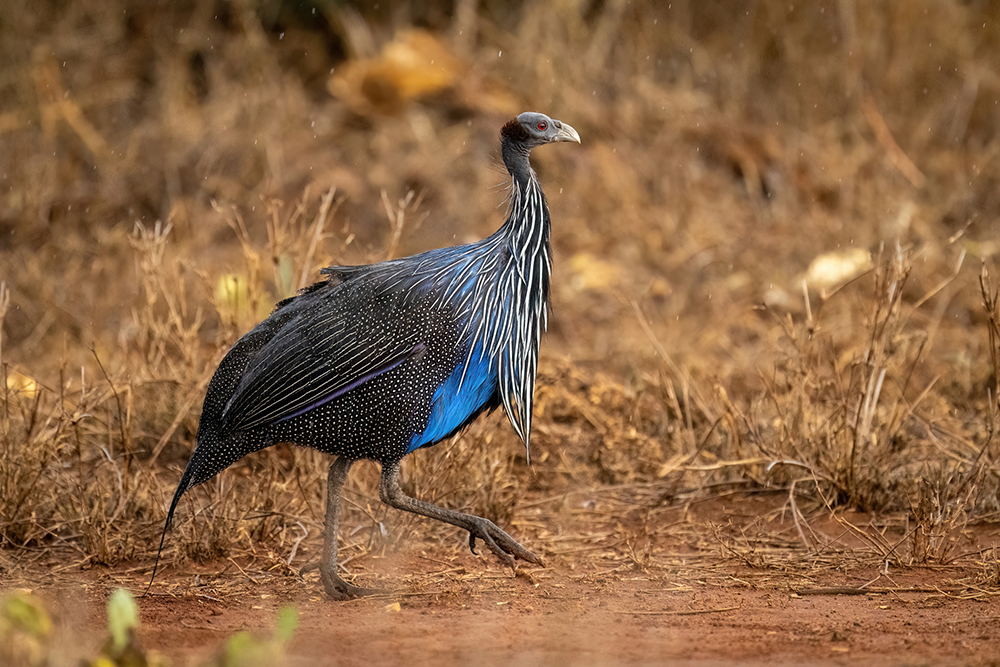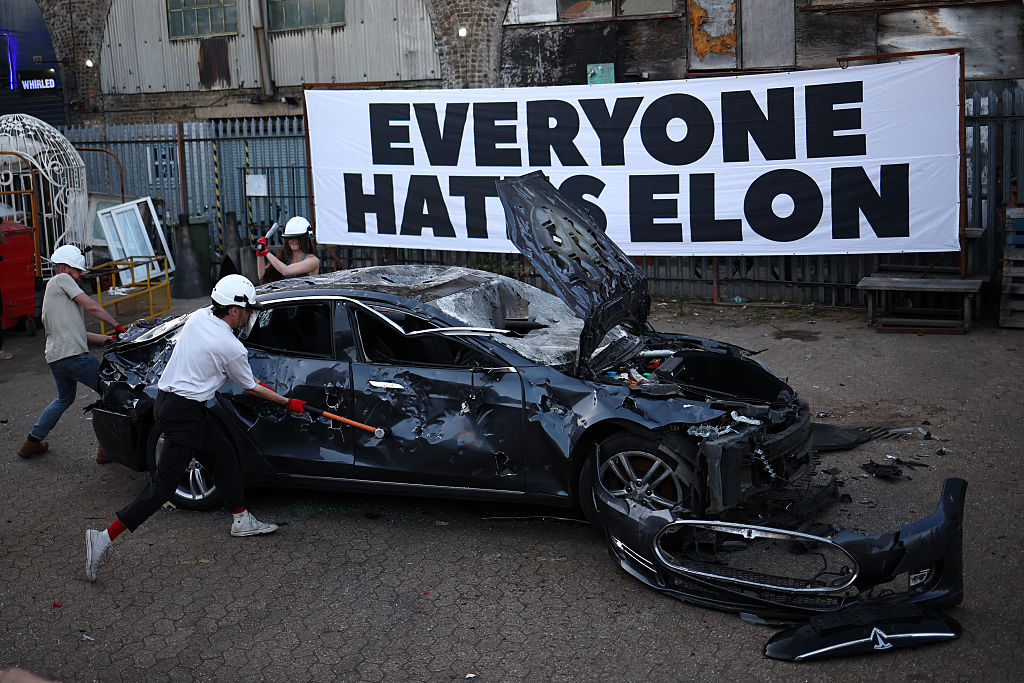What does throwing soup on a piece of art have to do with the environment? When we hear the word environmentalist, what comes to mind is something like an Extinction Rebellion or JustStopOil activist: young, urban, progressive, with an expressly political agenda. But what if there are other categories of environmentalists that are expressly ignored, that may have the insights we need to solve the very real environmental problems we face?
In my PhD research, I spoke with people who produced a significant amount of food for their own consumption in and around Chicago. Many of them were were disaffected by the focus on climate change and the obsession with consumption as activism. They had turned to small-scale sustainable production as a way to reduce their carbon footprints, and grew organic food in their backyards.
Alongside these newcomers, I also spoke to rural types for whom a small amount of food production and self-sufficiency were long-standing aspects of their upbringing and culture. I met Marty, a commercial flower farmer, at his home in rural Illinois. I was welcomed by his wife Linda to their modest living room where they took seats in twin beige recliners that faced an oversized television set under a wall of gold-framed family photos. Marty and Linda’s pantry was lined with home-canned food from the garden; in the garage, there was homemade wine, and the chest freezer was filled with game and fish.
I wrote in my field notes: Marty is in Carhartt, pants and jacket. One thing was clear: I did not conceptualize him as a typical environmentalist, or at least not as the conception we have for what an environmentalist looks like. But as the conversation developed, my perspective began to shift. On the topic of fishing alone, Marty expressed concerns about pollution, species decline, fish life cycles, and nuclear radiation, among other conservation-oriented topics.
Since at least the beginning of the popular environmental movement, sociologists have focused on political environmentalists, identified by their concern for human-caused climate change. This group tends to be white, of high socio-economic status, left-leaning and highly educated. Probably not surprisingly, literature also shows that those who identify as environmentalists tend to be among the greatest greenhouse gas emitters by function of their overall wealth.
Several times in our conversation, Marty signaled a skepticism toward climate change data and narratives, but he also espoused values such as conservation and sustainability, lamenting the pollution that affects the ecosystem he cares deeply about. He clearly identifies himself in opposition to political environmentalism. He sees elite environmental issues as influenced by power and corruption in politics. Instead, he tends to the immediate ecosystem that impacts his food production.
Marty’s concern for pollution is one that is intimately tied up to his relationship with, and dependence on, a landscape. Wendell Berry wrote, “you cannot save the land apart from the people, or the people apart from the land.” When alienated from food sources, consumers have less awareness of or care for the practices involved in producing their food. When involved in the act of self-producing, however, people are exposed directly to the specific practices involved. In the words of rural sociologist Jack Kloppenburg, “It is through food that humanity’s most intimate and essential connections to the earth and to other creatures are expressed and consummated.”
The thread that connects both the urban liberal and the rural conservative in my research was a care for the hyper-local environment that produces their food due to their proximity to it. This is why we must look beyond the self-proclaimed “environmentalist” to find transformative responses to environmental problems. There is a clear disconnect between Just Stop Oil demands and what’s actually needed for a more sustainable and balanced relationship with our environment and natural resources. If we just stopped oil tomorrow, where would we get our food or medicine or clothing?
There is a rising movement interested in not only scalable regenerative agriculture, but in home-scale production. Accompanying this are concerned mommy bloggers and weightlifting health nuts who eschew industrial and processed food in favor of locally and organically produced fare.
This is a coalition waiting to be formed. The reigning “environmental movement,” being fundamentally alienated from questions of how to live embedded in landscape, has resulted in globalized spreadsheet analyses like George Monbiot’s call for a “farm free future,” and ideas like eating processed lab-based food and covering the earth in solar farms. But what if looking to those living well and stewarding the landscape is where the real environmentalism lies?



